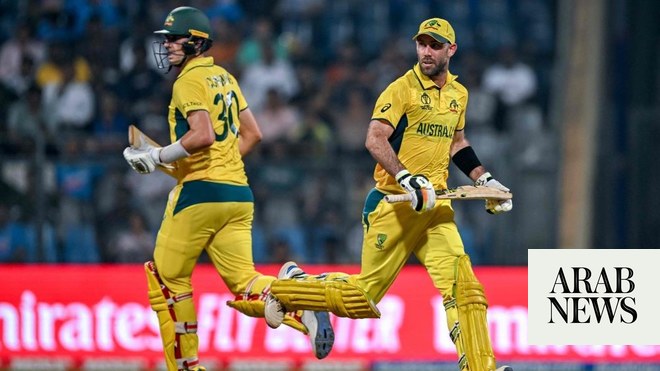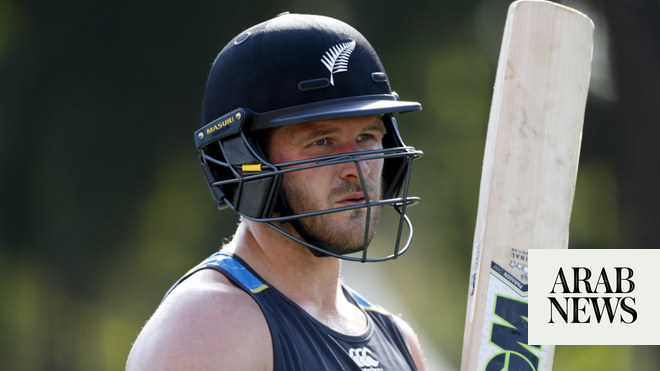
Inevitably, news that Sir Bobby Charlton’s journey on earth has ended provokes memories of the 1966 football World Cup.It also stimulates thoughts as to how conquering teams are built, sustained and decay.
After England’s success in 1966, a commonly held view is that it should not have been beaten in the quarter finals by Germany in Mexico in 1970. An understandable but fatal substitution of Bobby Charlton, coupled with the need to replace first-choice goalkeeper Gordon Banks, suddenly stricken by food poisoning, contributed to an extra-time defeat.
In 13 football World Cups since 1970, England’s best performances have been two fourth-place finishes, in 1990 and 2018. The winners have been limited to six countries — Brazil, Germany, Italy, Argentina, France and Spain. The first three of these countries had been winners prior to 1966. England’s football has consistently fallen short of the highest pinnacle.
The performance of the England men’s cricket team in World Cups has been better, although comparisons are dangerous. The number of competing teams at World Cups is fewer, the structure is different. England’s achievement of simultaneously holding both the T20I and ODI World Cups is unparalleled. However, it looks likely to lose grip on the ODI Cup won in 2019, if the first four-match performances are an indicator of what is to come.
Last Saturday’s match pitched two teams against each other, England and South Africa, both digesting shock defeats. Who could bounce back the fastest? There was a clear winner. England chose to field in sweltering conditions and its bowlers were mercilessly flayed by South Africa’s batters, who totalled 399 for seven. England’s cause was not helped by a finger injury to its most successful bowler in the tournament, Reece Topley, who is now ruled out of any further participation. In addition, illness had struck the camp, causing its next most successful bowler, Adil Rashid, to miss the early overs and forcing him to bowl in pain later in the innings. Recollections of food poisoning for England’s goalkeeper in 1970 spring to mind.
England’s batting reply to the huge target was supine. A fired-up South African attack executed well-laid plans to reduce England to a paltry 38 for four after eight overs, 68 for six after 11 overs, before being dismissed for 170 in only 22 overs. This represents a huge fall from previous heady heights. England’s press, as quick to seize on failure as they are to hype success, have pointed to a cycle of success coming to a crushing, even ignominious, end. England conceded its highest-ever ODI score and then succumbed to its highest-ever ODI defeat, 229 runs.
How has this happened? England’s journey to the top began in 2015, on the back of a failure to qualify for the knockout stage of the 2015 ODI World Cup in Australia. Four members of the 2015 squad remain in 2023. One reason given for England’s performance to date in 2023 is the squad’s average age. It is 31.81 years, marginally the oldest, ahead of Australia, 31.73, India, 31.24 and New Zealand, 31.23. The youngest squad is Afghanistan’s at 25, against an average of 29.4. This is straddled by South Africa, 30.35 and the Netherlands, 28.87, followed by Pakistan, 28.22 and Sri Lanka, 27.66.
Given the marginal differences in average age between the four oldest teams, it would be pushing the argument to suggest that age is the determining variable to explain performance so far in this World Cup. No doubt, England, Australia and India will rebuild their respective squads for the next ODI World Cup in 2027. New Zealand, ever efficient, seem to have started that process already. If age is not an explanatory variable, then others need to be explored.
Much has been made of the declining appeal of ODI cricket and the difficulty of fitting ODI series into an increasingly crowded international calendar. Since the end of the previous ODI World Cup on July 14, 2019 and the beginning of the 2023 edition, the average number of ODI matches played by the ten participating teams has been 47. Afghanistan and the Netherlands are the outriders, having played 26 and 29 matches respectively. Both have outperformed their rankings, Afghanistan beating Pakistan on Monday. Australia, England and South Africa have played 40 matches, the latter having made the strongest start. India has played the most on 66 and are runaway leaders.
It also has home advantage and a strong, settled team with defined roles. The same can be said of New Zealand and South Africa. Excepting India, the number of matches played prior to the event does not appear to be significant. Other explanatory variables must be sought. One is the amount of domestic ODIs that members of the chosen international squad have played. In England’s case it is not many. Few are privy to the inner workings of teams and their management. Outsiders can only assess observed features and behaviors. Those of England appear to be under significant strain. A previously well-oiled machine has seized up, roles have become blurred, clarity of purpose appears lacking, individual performances have dipped below par.
This observation is borne out by academic studies. These suggest that collective team collapse occurs when multiple players experience sudden and extreme underperformance and are unable to return to initial performance levels. Coaches report behavioral factors, such as blaming of other players, as critical factors causing team collapse. Sport psychologists refer to cognitive factors, such as individualization or a lack of accountability between the players. No surprises there.
It remains to be seen if England can regroup for one last effort with its aging but experienced squad. In my experience, all conquering teams comprise four or five world-class performers on top form. Currently, England lack this but India do not, while several other teams come close. In 1970, England’s football team had it, but faltered. In 2023, the England men’s cricket team lies on the brink of decay and a need to rejuvenate.












